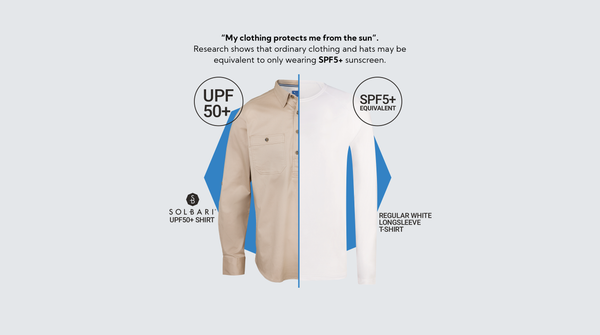According to the World Health Organisation, over 100,000 solid organ transplants are performed every year worldwide.
Organ recipients take medication to suppress their immune systems from attacking and or rejecting the donor organ.
One of the side-effects of taking the anti-rejection medication include an increased chance of being diagnosed with skin cancer.
The Skin Cancer Foundation (SCF) has confirmed that the most common skin cancers after transplant surgery are squamous cell carcinoma (SCC), basal cell carcinoma (BCC) and merkel cell carcinoma (MCC), in that order.
The chances of getting an SCC is 100 times more likely as a transplant recipient, 6 times more likely to get a BCC and 24 times more likely to get an MCC. Melanoma is twice as likely.
Sadly, not only are the chances of being diagnosed with skin cancer higher after an organ transplant, but the way the skin cancer develops is different too. Melanoma, SCC and MCC are likely to spread (metastasize) faster which results in a higher mortality rate and the treatment required to remove any skin cancer is often more severe.
All the reasons for the increased likelihood of skin cancer are not yet fully understood, however, the immunosuppression caused by the medication reduces the ability to detect and fight skin cancer when it emerges.
The best preventative measure that an organ recipient can undertake is to adopt sun smart lifestyle. Reducing direct sun exposure during times of the day when UV is at its highest is advisable. When you are outside in direct sunlight, UPF50+ sun protective clothing, a broad brim sun hat and SPF sunscreen will materially help reduce the likelihood of skin cancer.
Dermatologists also recommend organ recipients to get their skin checked regularly for high risk skin lesions. Early detection is particularly important given the way the skin cancer spreads.
Solbari offers an award-winning range of UPF 50+ sun protective clothing, broad brim sun hats, UV blocking accessories and skin cancer detection app technology.
You can find out more about Solbari's certified UPF50+ sun protective range by clicking the blue links below:
Women UPF50+
Men UPF50+
Sun hats UPF50+
Accessories UPF50+
SPF50+ Sunscreen
Skin Check App




